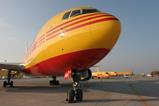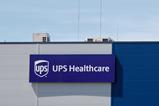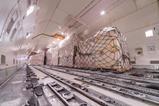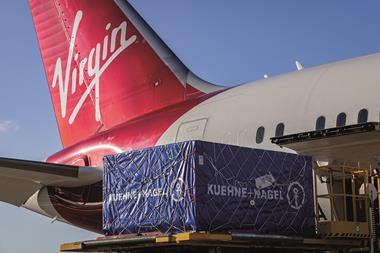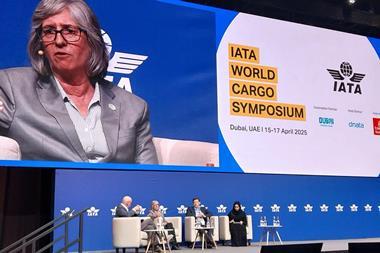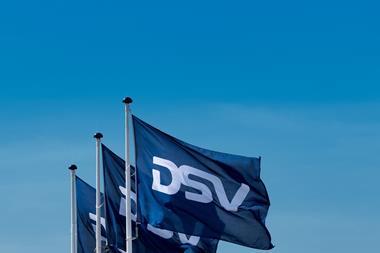Hong Kong-based freight forwarder U-Freight has said it is well placed to meet new stricter air cargo screening requirements with its off airport X-ray screening facilities.
The company installed an X-ray machine at its Golden Bear Industrial Centre in Hong Kong two years ago as it prepared for the introduction of new regulations from the International Civil Aviation Organization (ICAO) requiring that 100% of air cargo is screened by June 30, 2021.
A second enhanced X-ray machine was installed in July 2019, which can scan consignments up to pallet size. The company modified its export operations warehouse to accommodate the existing X-ray machine, as well as the newly purchased one.
The forwarder said this would give staff adequate time to gain experience in the scanning process, as well as helping to identify prohibited/suspect products inside the ever-increasing number of e-commerce parcels it handles.
Simon Wong, U-Freight chief executive, said: “The U-Freight Group fully supports the ICAO aviation security requirements and has worked closely with CAD, Hong Kong Airport Authority, Cargo Terminal Operator and HAFFA in making the necessary preparations to make sure that we enhance our air cargo security regime to meet the new international aviation security requirements.
"The establishment of off-airport screening facilities in Hong Kong will enable air cargoes to be screened at the existing warehouses or similar premises of the air cargo industry before such cargoes are transported to the airport for loading onto aircraft.
"We were very keen to capitalise on this opportunity, and were very pleased to have become one of the first freight forwarders and logistics companies to have been accredited by CAD, and are now fully prepared to play our part in the new ICAO regime."
To complement the anticipated gradual increase in screening demand, Hong Kong’s Civil Aviation Department (CAD) developed the Regulated Air Cargo Screening Facility (RACSF) scheme to enable and regulate air cargo screening at off-airport locations.
From January to April 2020, 25% of cargoes (by weight) are required to be screened; increasing to 40% in phase two from May to August 2020; 70% in phase three from September 2020 to February 2021; and 100 percent in phase four from March to June 30 next year to meed the ICAO deadline.
The airport recently announced that in conjunction with airlines it would offer a discount to exporters, in part to help offset the cost of the new screening requirements.







